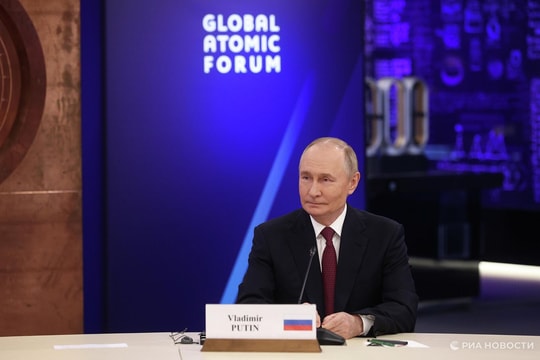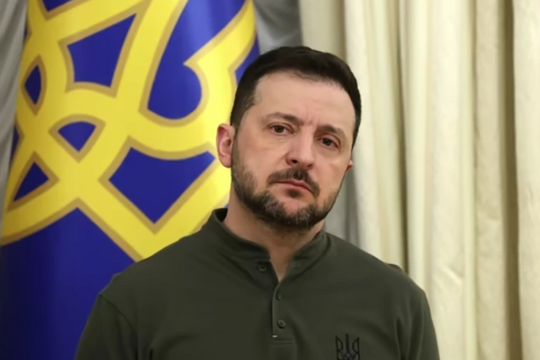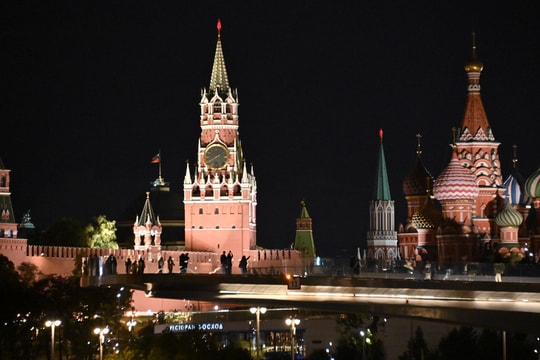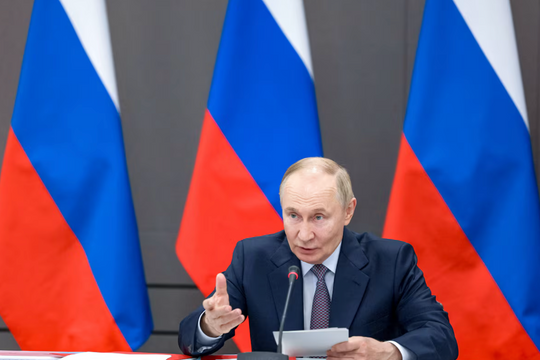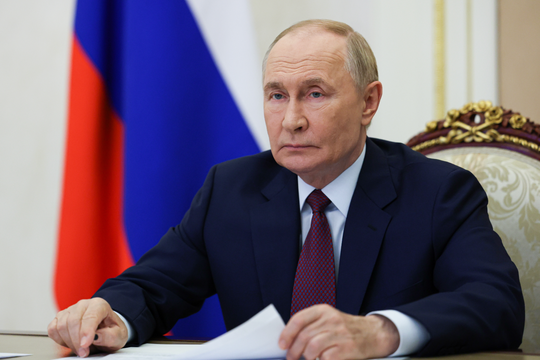Strategic Offensive Arms Reduction Treaty with Russia 'Flawed and Outdated'?
The New Strategic Arms Reduction and Limitation Treaty, also known as START-3, is "a flawed and outdated treaty" that could be terminated when it expires in 2021 and replaced with a new one.
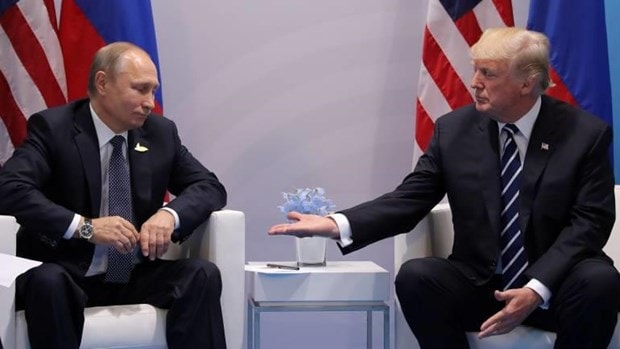 |
| The US and Russia have yet to find common ground on many issues. Photo: Moneycontrol |
The New Strategic Arms Reduction and Limitation Treaty (START), also known as START-3, is "a flawed and outdated treaty" that could be terminated when it expires in 2021 and replaced by a new treaty, US Ambassador to Russia Jon Huntsman, who resigned earlier this month, said in an interview with Russia's Echo of Moscow radio station on August 14.
According to Mr. Huntsman, START-3 does not mention new tactical nuclear weapons as well as non-nuclear weapons because this treaty was signed by the US and Russia in 2010, before the world appeared cyberwar, hypersonic missiles and underwater nuclear launchers... The US official stated: "Some people want to extend START-3, others want to replace it with a new treaty. I'm not sure where this treaty will go."
However, he said US President Donald Trump supports a treaty fit for the modern era.
The US has not yet made an official decision on extending START-3, which will expire in February 2021. However, according to US National Security Advisor John Bolton, it is likely that this treaty will not be extended.
According to Mr. Bolton, the above treaty does not cover short-range strategic nuclear weapons or new Russian delivery systems, so the focus should be on something “better,” rather than extending an incomplete agreement. He also stated that Washington wants to negotiate arms control with Russia and China.
START-3 was signed by the United States and Russia in 2010 and entered into force on February 5, 2011. The treaty stipulates that each side should reduce its strategic offensive arsenal so that, after seven years from the date of entry into force of the treaty, the total number of weapons does not exceed 700 intercontinental ballistic missiles, ballistic missiles mounted on submarines and heavy bombers, as well as 1,550 warheads and 800 deployed and non-deployed missile launchers.
The treaty also requires Russia and the US to exchange information on the number of warheads and launchers twice a year. Russia considers New START a "cornerstone of world security", but Washington has repeatedly mentioned the possibility of not extending this treaty./.

